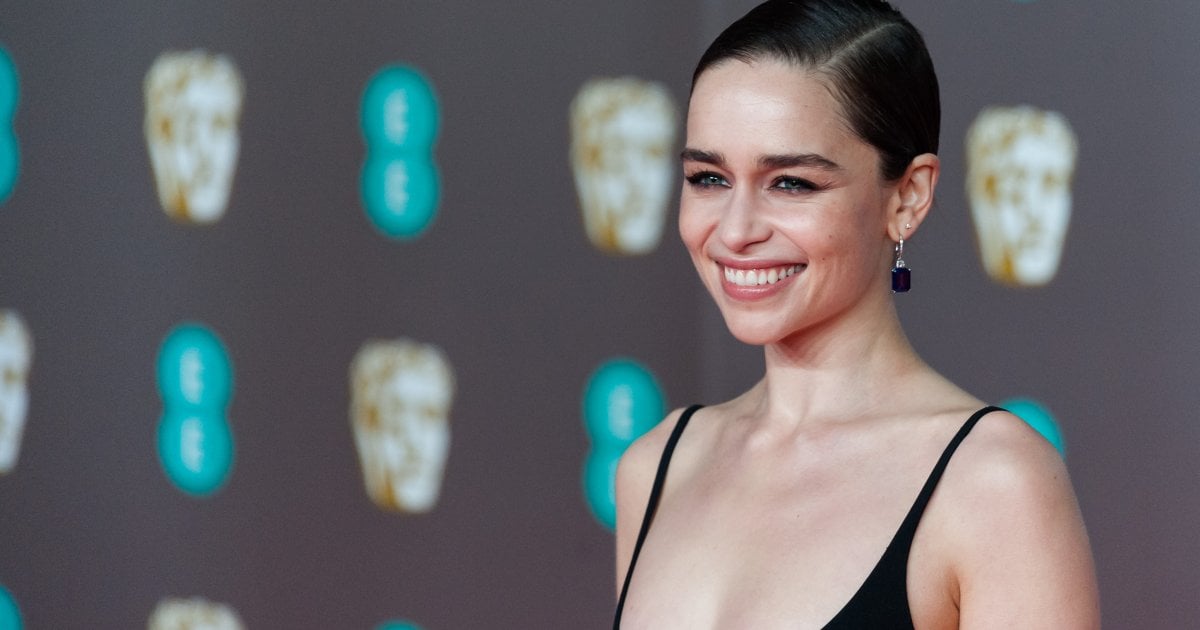How Clarke Copes
- Actress Emilia Clarke lost her father to cancer in 2016.
- She shared that the collection of essays Why Didn't You Just Do What You Were Told? by Jenny Diski has helped her cope with the loss of her father.
- Coping with the loss of a loved one to cancer can be a painstakingly slow process, but connecting with your feelings by way of reading or therapy can help.
On a recent podcast episode of BBC’s The Cultural Frontline, Clarke said the book’s unconventional take on death has helped her cope with the passing of her father from cancer in 2016.
Read More"It was very wonderful to see the picture of you holding the book,” Patterson told Clarke. “I suddenly switched back to when Jenny was still alive, and we were watching Game of Thrones."View this post on Instagram
Diski died of lung cancer in 2016. But she made it very clear after learning of her diagnosis that she did not want to be the subject of any “cancer clichés” after her passing.
“One thing I state as soon as we're out of the door [of the doctor’s office]: ‘Under no circumstances is anyone to say that I lost a battle with cancer. Or that I bore it bravely. I am not fighting, losing, winning or bearing,'” Diski wrote in an essay for the London Review of Books in 2014. “I will not personify the cancer cells inside me in any form. I reject all metaphors of attack or enmity in the midst, and will have nothing whatever to do with any notion of desert, punishment, fairness or unfairness, or any kind of moral causality. But I sense that I can't avoid the cancer clichés simply by rejecting them.”
Diski made her views of death ever-apparent in the collection of essays Clarke holds so dear.
"Especially subjects like death, she treats with such tenderness but also such comedy," Clarke said in the podcast. "The way that she writes about it, it makes you feel okay.”
Peering into Diski’s perspective on death gave Clarke comfort. It’s been almost five years since her father’s passing, but grief cannot be rushed and often comes in waves.
“I lost my dad four years ago, and it still feels like it was yesterday,” Clarke said. “And since his death, I think about death a lot, and I consider his a lot. And so to read her take on it was just really tonic for the soul."
“The Natural Death Centre” was a particularly moving essay in the book for Clarke in which Diski discusses her own father’s death when she was 17 years old. When talking with Patterson, Clarke read some of her favorite lines from the essay.
"It's possible I take death too seriously. It's always seemed a momentous business coming as it generally does after a lifetime's consideration," Clarke read. "For a long time, I supposed it only happened to very serious and substantial people, but then my father died when I was 17, and I was amazed to discover that something as weighty as death could be done by someone so dedicated to evading life's trickier realities. I confess I was, and still am, impressed that he could have done something so committed as to die."
Clarke’s reading with Patterson seemed to be a cathartic experience for both of them. They ended their podcast sharing their thoughts on how to keep loved ones alive after their passing.
"After 5 years she lives inside me,” Patterson said of Diski. “Reading the book and talking about her in this way brings her back with quite a lot of force which is quite moving."
Clarke agreed.
"That's how we live on, I think,” Clarke said. “At least, that's what I do with my dad for sure. Just keep them around, keep them close."
Coping with Grief
Losing a loved one to cancer is never easy. There are no right or wrong ways to grieve, but there are always things you can do to help yourself through the journey. You can explore your own feelings through reading like Clarke, but therapy and support groups can be wonderful options as well. It’s also important to keep in mind that time does not heal everything, but it certainly helps.
"Therapy Saved My Life": After Losing A Loved One, Don't Be Afraid To Ask For Help
In an interview with SurvivorNet, Doug Wendt shared his thoughts on the grieving process after losing his wife Alice to ovarian cancer.
"We're never gonna move on, I don't even think I want to move on, but I do want to move forward,” Wendt said. “That's an important distinction, and I encourage anybody who goes through this journey as a caregiver and then has to face loss, to think very carefully about how to move forward."
Learn more about SurvivorNet's rigorous medical review process.


